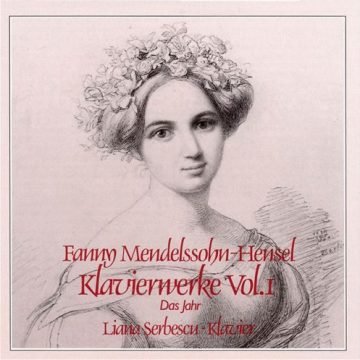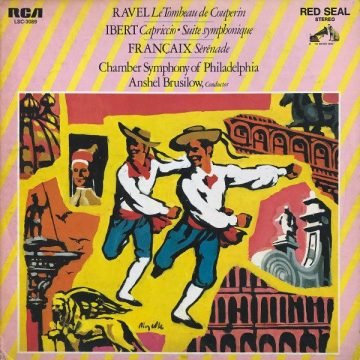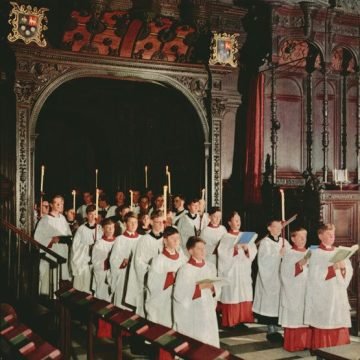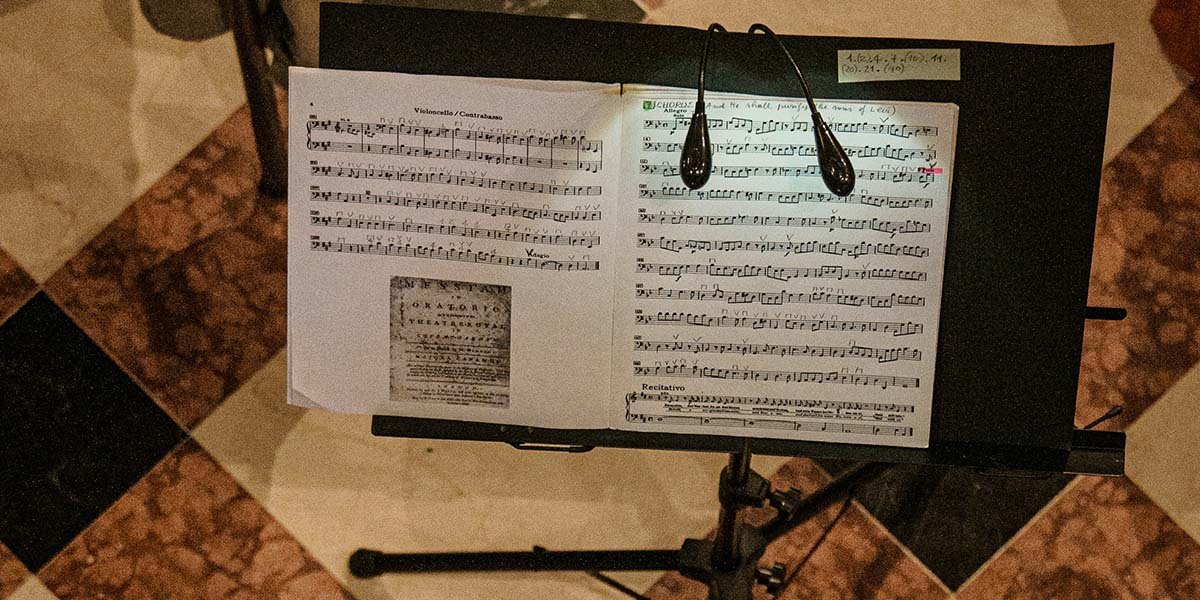“Hearing something different refreshes that part of your brain”
Whether listening, accompanying, running or just switching off, music plays a central role in Professor Deborah Prentice’s life.

Märchenbilder, Opus 113
Robert Schumann
Accompanying is a different kind of playing: your aim is to become completely merged and in sync with the other person. Recently, I’ve been working on the Opus 113, which I played with my daughter, a violinist and singer, at her graduation recital back in the US. As a music undergraduate, I learned the joy of the practice room – where it’s just you and the piano and nothing else – so I’ve been enjoying getting to know the practice rooms at West Road.

Das Jahr
Fanny Mendelssohn
Das Jahr is a cycle of 12 pieces – wonderfully atmospheric pieces, one for each month of the year. The first time I did it I forced myself to learn one a month. Now I’m on my second cycle, so I’m working them up to perform. After a day of meetings and listening to humans, hearing something completely different really does refresh that part of your brain. The music requires your complete concentration, so you can’t continue ruminating about what happened at work.

“Anything by The Rolling Stones”
I run most days in Cambridge. The route is lovely and scenic, but unvaried because what I want is the exercise, not a new experience. Frankly, for me, the actual running can be a bit boring so I listen to music, usually classic rock. There’s a certain tempo to classic rock. It’s got a very steady beat but it has also got an energy to it: that’s why it works. So despite this being my effort to make the run interesting, I tend to listen to much the same thing every time.

Le Tombeau de Couperin
Maurice Ravel
I was recently invited to hear a concert given by the pianist Benjamin Grosvenor – he played this gorgeous suite of music, which was written just after the First World War. I spent a long time learning to play it myself about a decade ago; I love it because you can hear Ravel reaching back into the past to make sense of loss. Each of the six pieces is dedicated to somebody he knew who died in the war. It has an ethereal and timeless quality: it uses older modes and older forms. It speaks of the eternity of war and the pain of grief – but it is also music of transcendent beauty.

I Love All Beauteous Things
Judith Weir, performed by King’s College Choir
In May, I was invited to attend Chapel to hear The Sermon Before the University. The speaker was Nicola Reindorp (King’s 1991), CEO of Crisis Action, which seeks to build coalitions to protect people from war. In addition to her wonderful sermon, I got to hear the choir, which was wondrous and beautiful. Their performance of Judith Weir’s I Love All Beauteous Things was sublime. And, of course, the acoustics in the Chapel are incredible.
Professor Deborah Prentice became Cambridge’s 347th Vice-Chancellor in July.
 CAM
CAM

